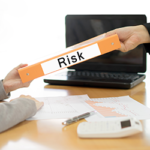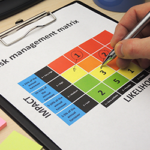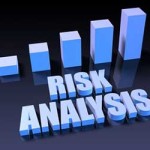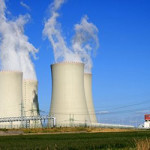
Taking risks is the secret sauce that turns a sleepy little business into a roaring, fire-breathing success story. There are virtually no exceptions to this rule: Without risk, there is no reward. Even though it may feel like you are David walking down the hill to face Goliath without any armor, there are time-tested principles which help stack the odds in your … [Read more...]













